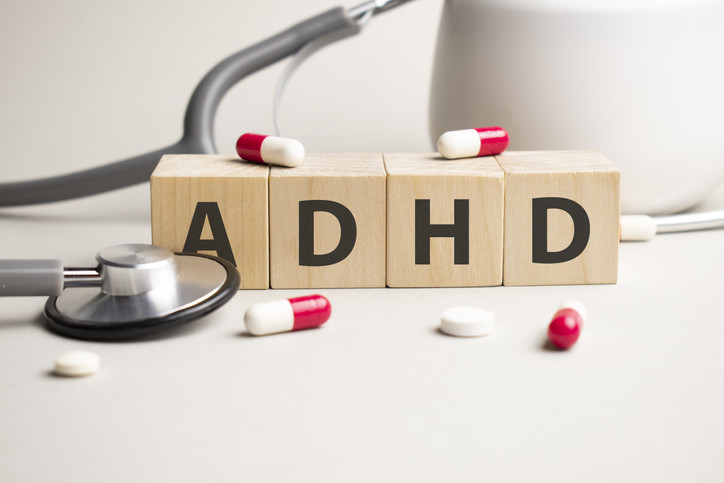
Respiratory health harms often follow flooding: Taking these steps can help

Tips to leverage neuroplasticity to maintain cognitive fitness as you age

Can white noise really help you sleep better?

Celiac disease: Exploring four myths

What is prostatitis and how is it treated?

What is Cushing syndrome?

Exercises to relieve joint pain

Think your child has ADHD? What your pediatrician can do

Foam roller: Could you benefit from this massage tool?

Stepping up activity if winter slowed you down
Mental Health Archive
Articles
Parents don't always realize that their teen is suicidal
Parents often think that they would know if their teen was suicidal. However, this is not always the case. Here's what to be aware of and watch for, and what to do if you see worrisome behavior.
How to identify anxiety disorders
Some degree of anxiety is normal, but people who regularly struggle with anxiety may have an anxiety disorder. Symptoms can be linked with life changes, a medical condition, and specific situations, like a fear of heights, crowds, and social situations. Recognizing the symptoms can help people seek medical care to find the source of their anxiety and adopt appropriate treatment. Treatment might include medications, psychotherapy, or both.
A pill-free way to treat anxiety
A 2022 study found that taking a mindfulness-based stress reduction course and meditating daily was about as effective as taking medication for reducing symptoms of anxiety. Both strategies seemed to reduce anxiety by about 30% after eight weeks.
Pouring from an empty cup? Three ways to refill emotionally
Burnout — whatever the cause — can lead to depression and anxiety, and affect your relationships and ability to function. But it's possible to replenish your energy and enjoyment of life.
Prolonged stress may increase the risk of death from cancer
People exposed to long-term stress have a higher risk of dying from cancer, according to a 2022 study. The connection may be related to high levels of the stress hormone cortisol.
Reviewing your wellness portfolio
As with a financial portfolio, older adults should routinely review their wellness portfolio to ensure their health investments meet their short-and long-term goals. Working with their doctor, personal trainer, and nutritionist, they can identify areas that require changes and implement new strategies. Older men often don't make investments in strength training, balance, and their mental health, but should.
Finding a higher meaning
As people age, they are more likely to explore a religious or spiritual practice. Research has found that this type of engagement is linked to longer life and a lower risk of serious health issues. These practices also can offer comfort and support if and when a person needs to navigate difficult times.
Expectant mothers can rest easier about taking antidepressants
A 2022 study found that antidepressant use during pregnancy is not associated with problems in children's future brain health or behavior patterns. The medications were not linked to conditions such as autism, ADHD, or problems in speech, language, learning, and coordination.
Holiday arguments brewing? Here's how to defuse them
The holidays are supposed to be filled with love, laughter, and good cheer. Unfortunately, joyous celebration often deteriorates into discord when family and friends gather during the season. But you don't have to get drawn into arguments if you plan ahead and stay alert for potential triggers.
Attention deficit disorder linked to higher heart disease risk
People with attention-deficit hyperactivity disorder, a condition marked by trouble focusing and impulsive behavior, may be more likely to have cardiovascular disease that people without the disorder.

Respiratory health harms often follow flooding: Taking these steps can help

Tips to leverage neuroplasticity to maintain cognitive fitness as you age

Can white noise really help you sleep better?

Celiac disease: Exploring four myths

What is prostatitis and how is it treated?

What is Cushing syndrome?

Exercises to relieve joint pain

Think your child has ADHD? What your pediatrician can do

Foam roller: Could you benefit from this massage tool?

Stepping up activity if winter slowed you down
Free Healthbeat Signup
Get the latest in health news delivered to your inbox!
Sign Up











